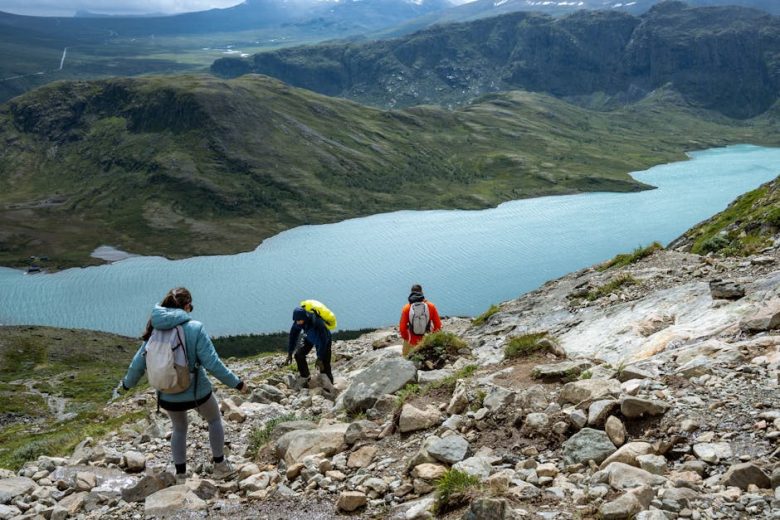As the sun rises each day, casting its warm glow across the Earth, an invisible battle rages on just beyond our perception. Climate change, a term that has become all too familiar in recent years, is not just a distant threat; it is an ongoing crisis that is reshaping our planet in real time. From the melting ice caps of the Arctic to the raging wildfires in Australia, the impacts of this phenomenon are profound and far-reaching, affecting every corner of the globe. Yet, despite the urgency of the situation, many remain unaware of the gravity of the changes occurring around them.
This article seeks to shed light on the multifaceted nature of climate change and the emotional responses it evokes. It is a story of concern, as we witness the devastating effects on ecosystems and human communities. Yet, it is also a tale of hope, as innovations and collective actions emerge to combat this crisis. Understanding the intricacies of climate change is essential not only for our survival but also for fostering a sense of responsibility and urgency in addressing this global challenge.
The scientific consensus is clear: climate change is primarily driven by human activities, particularly the burning of fossil fuels and deforestation. Carbon emissions have reached unprecedented levels, trapping heat in the atmosphere and causing global temperatures to rise. The consequences are dire; we are witnessing more frequent and severe weather events, including hurricanes, droughts, and floods, which threaten lives, livelihoods, and entire communities. The emotional weight of these events cannot be overstated, as families are displaced and ecosystems are irreparably damaged.
Moreover, the impact of climate change extends beyond environmental degradation. It poses significant risks to public health, as rising temperatures contribute to the spread of infectious diseases and exacerbate respiratory problems. Vulnerable populations, particularly in developing countries, are disproportionately affected, leading to a cycle of poverty and instability. The concern for future generations looms large as we grapple with the reality that our actions today will determine the world they inherit.
Yet, amidst this bleak narrative, there is a growing sense of hope and resilience. Across the globe, individuals, communities, and organizations are mobilizing to combat climate change. Renewable energy technologies, such as solar and wind power, are advancing at an unprecedented pace, offering sustainable alternatives to fossil fuels. Grassroots movements are gaining momentum, demanding policy changes and corporate accountability. The collective action of millions can create a ripple effect, inspiring others to join the fight and fostering a sense of unity in the face of adversity.
In conclusion, the battle against climate change is one that we cannot afford to ignore. It evokes a complex tapestry of emotions—fear for what is being lost, concern for those who are suffering, and hope for the possibilities that lie ahead. By acknowledging the urgency of this crisis and embracing innovative solutions, we can turn the tide and work towards a more sustainable future. The choices we make today will shape the legacy we leave for generations to come, and it is our responsibility to ensure that it is one of resilience, hope, and restoration.



